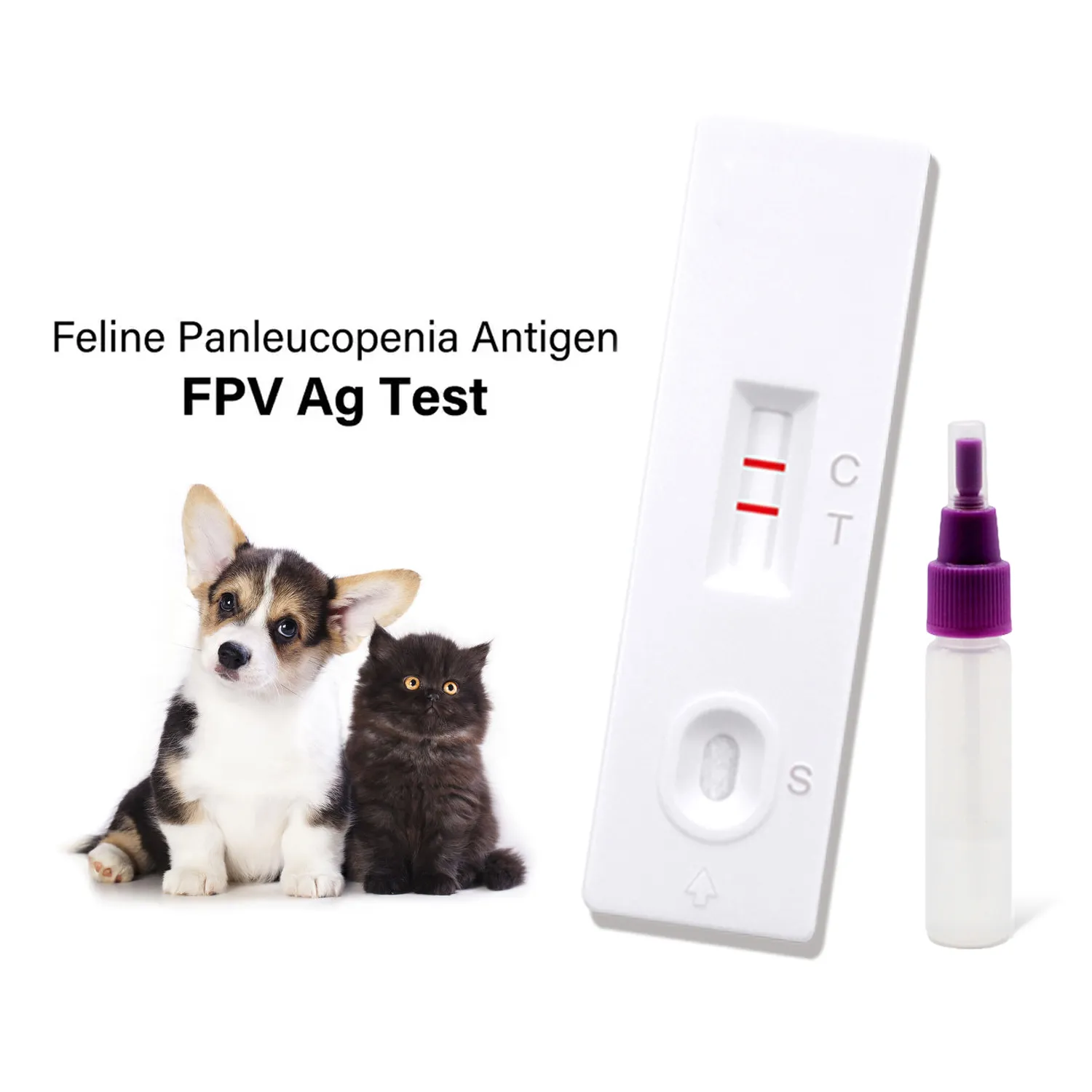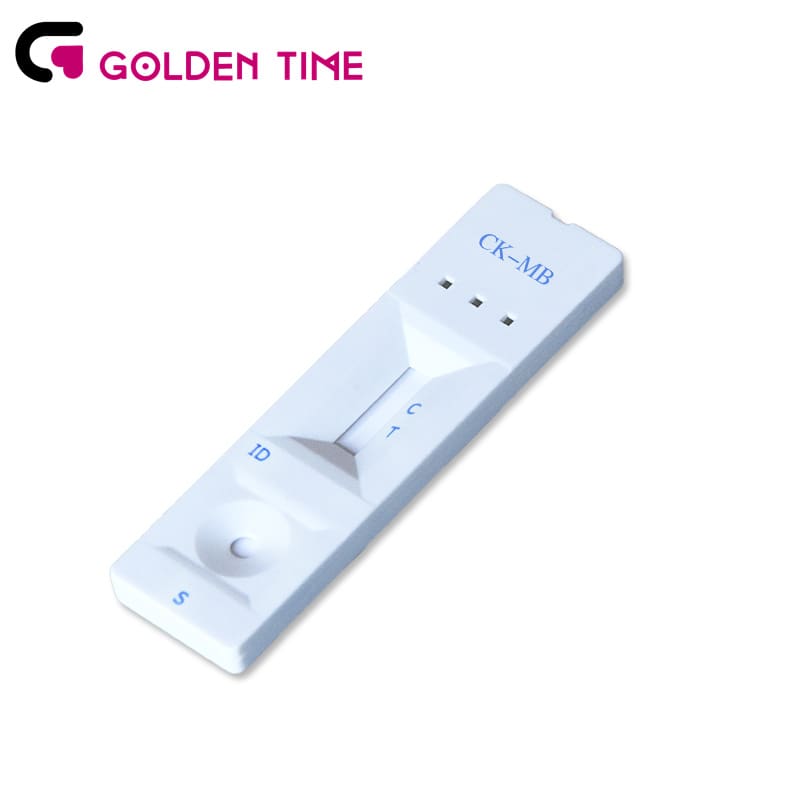Feb . 12, 2025 15:03 Back to list
Home Follicle Stimulating Hormone FSH Test Kit
Navigating the complex world of fertility testing can be daunting, especially when confronted with the FSH and LH tests. These fertility assessments, measuring follicle-stimulating hormone (FSH) and luteinizing hormone (LH), are critical for understanding reproductive health. But what exactly do these tests entail, and why are they significant in the broader fertility landscape?
For products in the fertility domain, integrating technology with health insights is transforming how individuals approach these tests. At-home testing kits offer convenience, privacy, and prompt results by utilizing cutting-edge accuracy previously confined to traditional laboratory settings. These kits not only provide immediate access to critical hormonal data but also empower users with knowledge to engage proactively with healthcare professionals. By embracing such products, individuals can demystify their reproductive health and make informed decisions efficiently. The reliability and accuracy of FSH and LH testing have positioned them as gold standards within reproductive health assessments. Numerous studies underscore their predictive power in diagnosing conditions like PCOS or identifying causes of infertility, reinforcing their integral role in fertility clinics worldwide. As knowledge around these hormones expands, so too does the ability to tailor specific interventions that enhance reproductive outcomes, further cementing the confidence healthcare providers and patients place in these tests. Online platforms specializing in fertility services are key resources for those interested in undertaking FSH and LH testing. These entities often provide comprehensive guides, enabling individuals to interpret their results accurately or connect with fertility experts for further analysis and support. This level of authoritative guidance ensures individuals navigate their reproductive health journey with clarity and expertise. Ultimately, understanding and utilizing FSH and LH tests opens doors to a realm of reproductive health awareness previously difficult to access. Through expert knowledge, authoritative tools, and trustworthy resources, these hormone tests have not only changed the trajectory of fertility care but have empowered countless individuals to take charge of their reproductive destinies. By investing in these assessments, you're not just gaining insight—you're embracing a proactive approach to wellness and future family planning.


For products in the fertility domain, integrating technology with health insights is transforming how individuals approach these tests. At-home testing kits offer convenience, privacy, and prompt results by utilizing cutting-edge accuracy previously confined to traditional laboratory settings. These kits not only provide immediate access to critical hormonal data but also empower users with knowledge to engage proactively with healthcare professionals. By embracing such products, individuals can demystify their reproductive health and make informed decisions efficiently. The reliability and accuracy of FSH and LH testing have positioned them as gold standards within reproductive health assessments. Numerous studies underscore their predictive power in diagnosing conditions like PCOS or identifying causes of infertility, reinforcing their integral role in fertility clinics worldwide. As knowledge around these hormones expands, so too does the ability to tailor specific interventions that enhance reproductive outcomes, further cementing the confidence healthcare providers and patients place in these tests. Online platforms specializing in fertility services are key resources for those interested in undertaking FSH and LH testing. These entities often provide comprehensive guides, enabling individuals to interpret their results accurately or connect with fertility experts for further analysis and support. This level of authoritative guidance ensures individuals navigate their reproductive health journey with clarity and expertise. Ultimately, understanding and utilizing FSH and LH tests opens doors to a realm of reproductive health awareness previously difficult to access. Through expert knowledge, authoritative tools, and trustworthy resources, these hormone tests have not only changed the trajectory of fertility care but have empowered countless individuals to take charge of their reproductive destinies. By investing in these assessments, you're not just gaining insight—you're embracing a proactive approach to wellness and future family planning.
Latest news
-
Highly Accurate hCG Pregnancy Test Strips - 5 Min Results
NewsAug.02,2025
-
Premium Empty ABS Plastic Cassettes: Durable & Lightweight Storage
NewsAug.01,2025
-
Accurate Cocaine (Coc) Rapid Test Kit | Fast & Reliable Detection
NewsJul.31,2025
-
Accurate HCG Pregnancy Test Strips | Fast Home Use Kit
NewsJul.31,2025
-
Reliable Early Pregnancy Test Kit Supplier - Multi Plastic Cassette Options
NewsJul.30,2025
-
Transferrin Rapid Test Cassette – Reliable Tumor Marker Detection
NewsJul.29,2025

